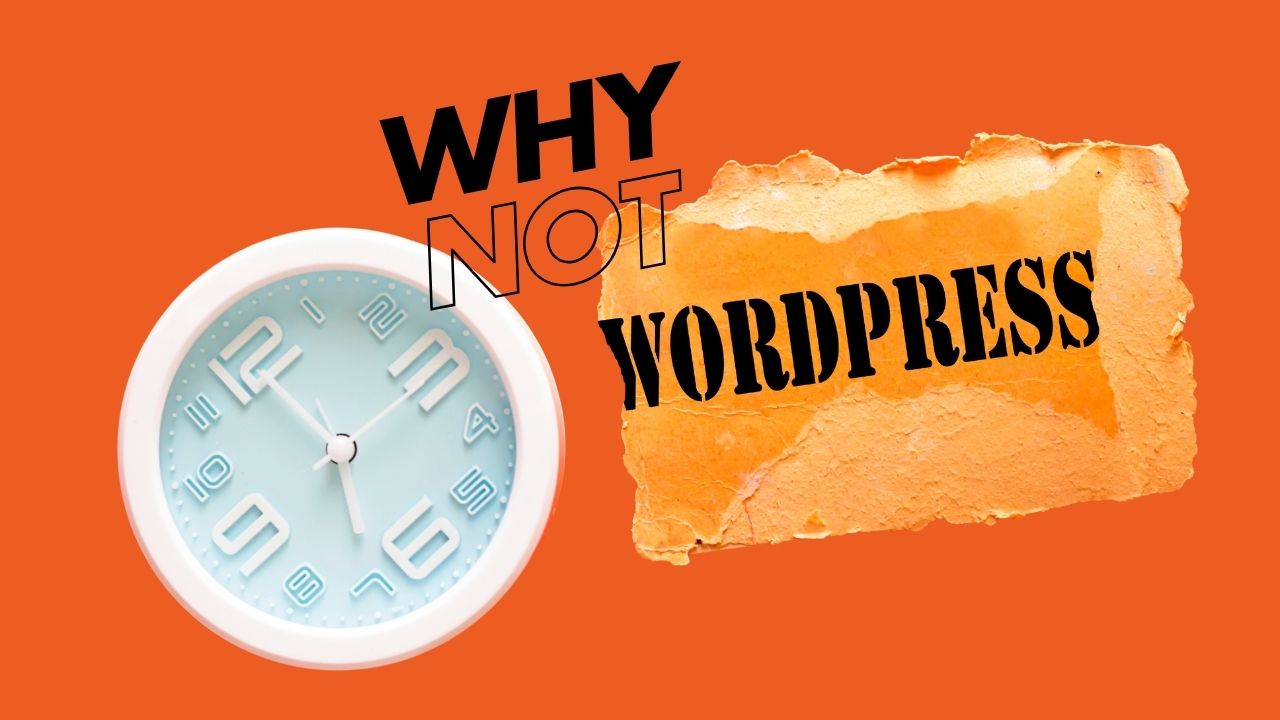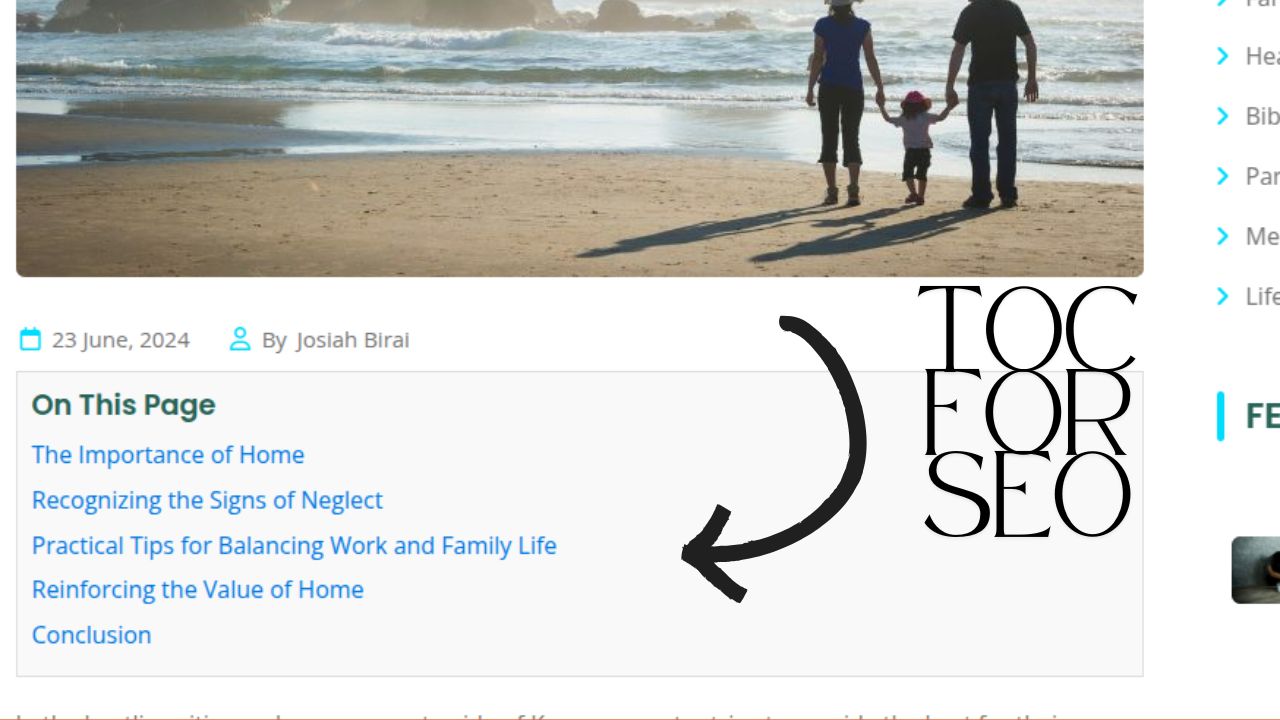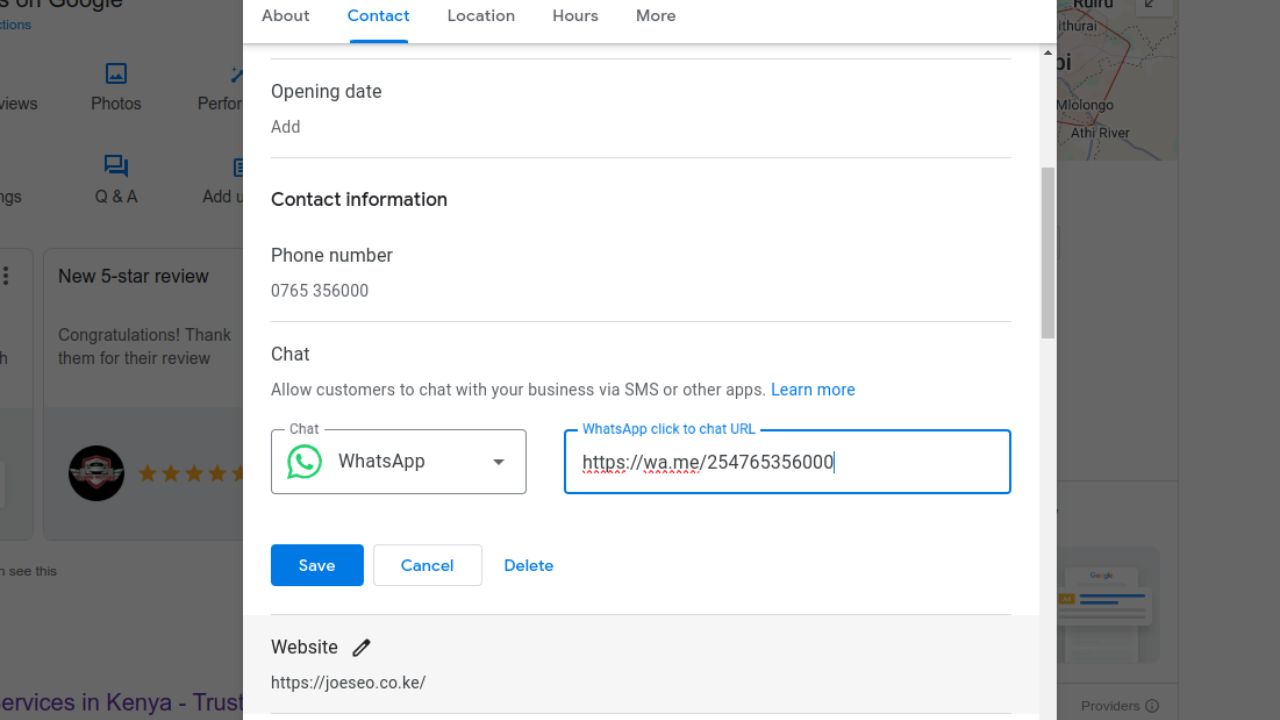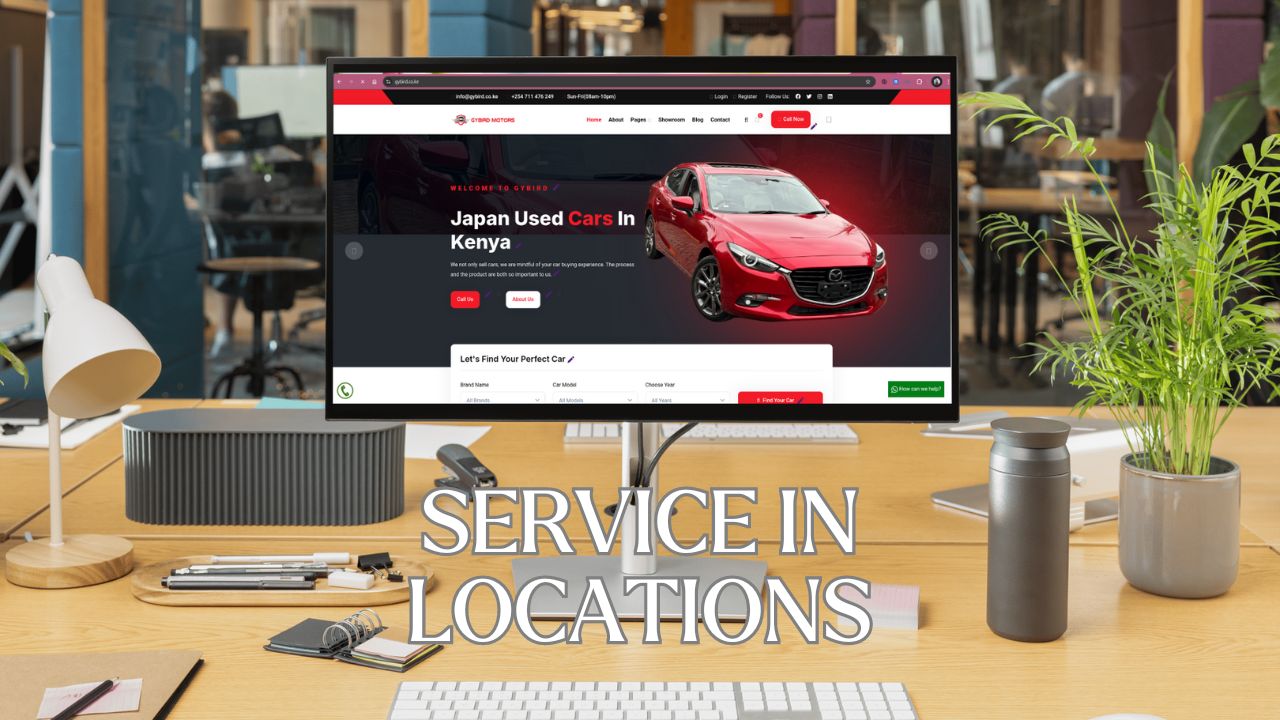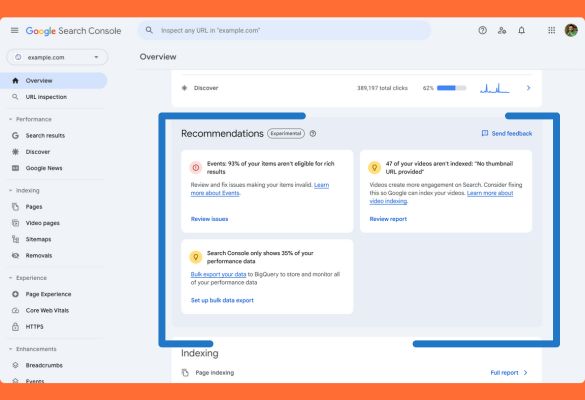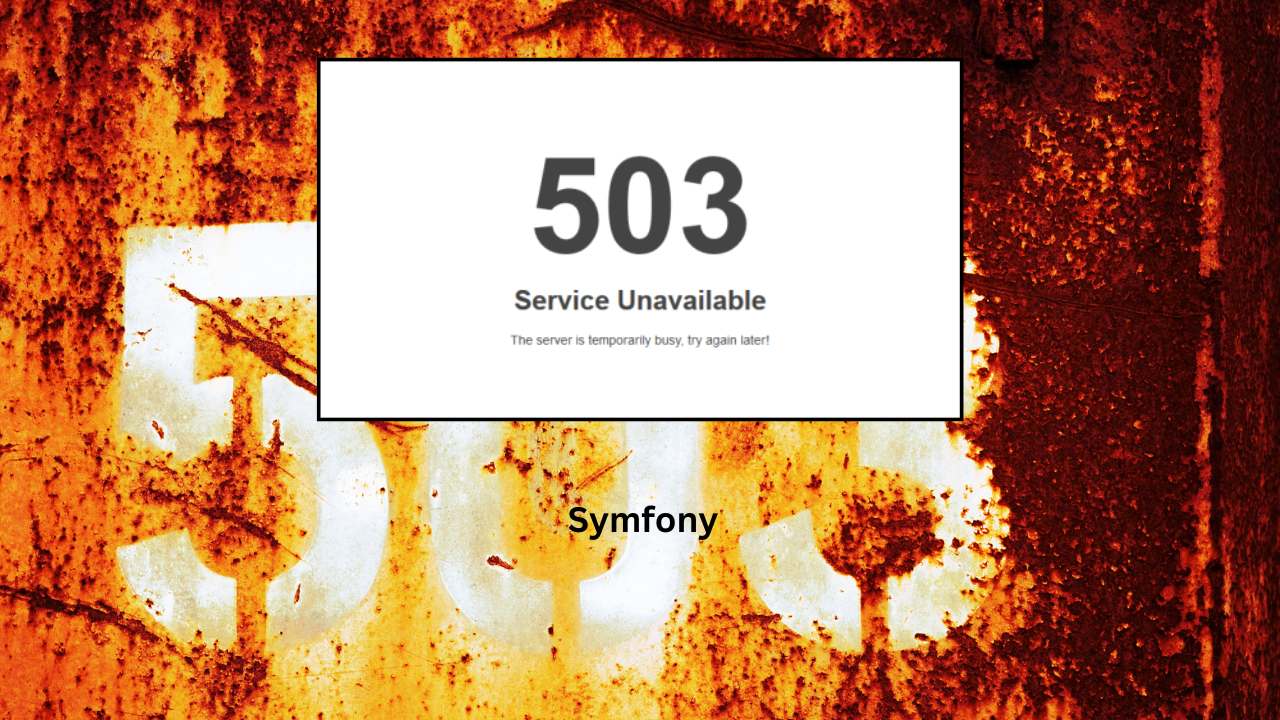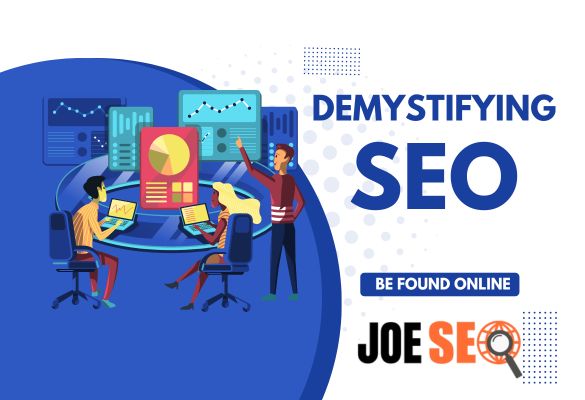Why WordPress May Not Be the Life-Saver, It Claims to Be
In competitive e-commerce niches, a little difference matters in SEO.
Having the ability to make minor tweaks on your website is very important.
I once had a client with over 1000 indexed pages on Google and was in a very competitive niche.
His website was receiving an average of 50 clicks every day.
Six years after launching his website, his theme was no longer compatible with some plugins.
The theme he was using didn't have a working update.
Apart from the necessary scripts and styles, every other page loaded more than 5MB of unnecessary files.
Every plug-in to solve the issue needed a paid subscription
The advanced SEO strategies I wished to implement required paying for the Yoast SEO plugin.
I needed to create some advanced tools for his website to have helpful content for his clients, but the amount of work that went into building one app was enough to make 50 custom apps with Symfony or Laravel.
A simple thing like a logo slider will take an hour or more to upload every image and add to the slider, which would take 5 minutes to write its code.
Welcome to WordPress, where everyone can build a website and spend a fortune maintaining it.
Why Not WordPress
WordPress often comes up as the go-to solution for building websites.
Its widespread popularity stems from its ease of use (or easy to start, to be precise) and the vast array of plugins (I like calling them hacks) and themes available.
However, beneath the surface lies a web of issues that make WordPress less than ideal for projects that require scalability, advanced SEO strategies, and custom functionality.
As I share the disadvantages of using WordPress, I will show you why relying on WordPress might not be the best choice for your scaling website.
WordPress Was Originally Built for Bloggers
WordPress started as a blogging platform. While it has evolved into a content management system (CMS), its core architecture still reflects its original purpose.
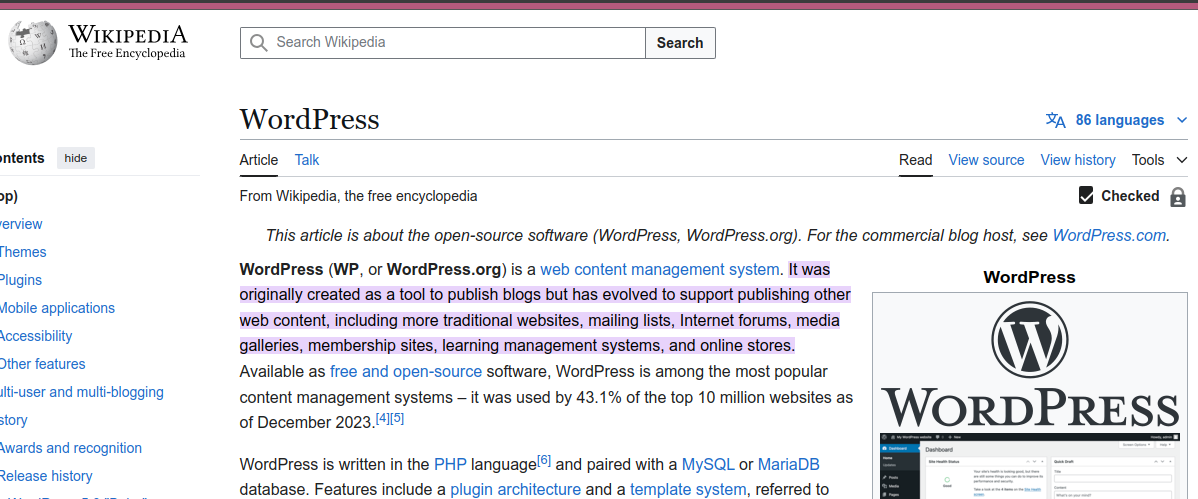
This legacy design makes it ill-suited for websites with complex requirements or significant traffic demands.
If you are using wordpress for a simple blog or website, you are good to go. If you need to scale up later, you need to think again before jumping onto wordpress.
The Overreliance on Plugins
Users must depend heavily on plugins to make WordPress function beyond its basic capabilities.
While this may seem like a benefit, it introduces several problems:
- Redundant Scripts and Styles: Every plugin typically has its scripts and styles. Managing these significantly becomes a nightmare as they increase page load times, negatively impacting SEO.
- Subscription Models: Many plugins require paid subscriptions for advanced features. Popular tools like Yoast SEO only offer basic functionality for free, leaving advanced strategies out of reach unless you pay.
- Compatibility Issues: Plugin conflicts in WordPress are pervasive. They often clash with each other or with themes, causing functionality to break. Furthermore, updates can render some plugins incompatible with your existing setup.
- Unreliable Maintenance: Plugin developers may abandon their projects, leaving your website vulnerable or forcing you to find alternatives.
If you are used to WordPress, these may not seem like significant issues, but it doesn't make WordPress any less messy. Troubleshooting WordPress plugins is not a pleasant task, no matter how experienced you are.
Performance Challenges
Scalability is one of the biggest challenges for WordPress websites. Here’s why:
- Increased Load Times: The heavy reliance on plugins and their additional scripts and styles can significantly slow down your website. Google considers site speed a ranking factor that can harm your SEO efforts.
- Database Bloat: The WordPress database can become cluttered and inefficient as your website grows. Managing this requires technical expertise or additional plugins, which only add to the problem.
WordPress SEO Limitations
Even with an array of SEO plugins, WordPress site optimization can be so frustrating.
While WordPress markets itself as an SEO-friendly platform, the reality is more complicated:
- Essential SEO Tools: Plugins like Yoast SEO can help with basic on-page optimization, but they fall short regarding advanced strategies such as schema markup customization, multilingual SEO, and technical fixes.
- Duplicate Content Issues: WordPress’s default behavior can create duplicate content through tag, category, and archive pages, hurting your rankings if not managed correctly.
- Limited Control: Implementing custom SEO strategies often requires custom development, which defeats the purpose of using WordPress as an “easy” solution.
Custom Development is a Headache
Creating custom applications on WordPress is cumbersome and time-consuming compared to using modern frameworks like Laravel or Symfony.
These frameworks offer clean architectures, flexibility, and scalability, making them better suited for custom solutions.
And here's the excellent news: learning frameworks like Laravel or Symfony is easier than ever.
Platforms like Udemy, Coursera, and others offer comprehensive courses that can teach you web development from scratch.
Within six months of dedicated learning, you can become proficient enough to build robust, custom websites that outperform WordPress in every way.
Instead of relying on plugins and themes, you'll have the skills to craft tailored solutions that are faster, more secure, and easier to scale.
A tip for developers: You will only need to build one back-end and reuse it with various websites, thus having your own CMS.
Frequent Updates and Maintenance
Maintaining a WordPress website is a full-time job. Between core updates, theme updates, and plugin updates, you’re constantly at risk of something breaking. For example:
- Compatibility Risks: Updates can introduce compatibility issues between plugins and themes.
- Security Risks: Outdated plugins and themes are common entry points for hackers.
Migrating Away From WordPress Is a Nightmare
If you outgrow WordPress and decide to migrate to a custom-built solution, the process can be daunting:
- Preserving SEO: Ensuring all your indexed pages and rankings are maintained during the transition is complex.
- Content Portability: Exporting and reformatting content from WordPress to another platform is time-consuming and error-prone.
Additional Disadvantages of WordPress
- Lack of Flexibility: Significant changes to a WordPress website often require workarounds or heavy customization, defeating its “ease of use” appeal.
- Hosting Costs: While WordPress is free, the cost of high-performance hosting, premium themes, and plugins can add up quickly.
- Security Vulnerabilities: WordPress websites are frequent targets for hackers due to their widespread use and reliance on third-party plugins.
- Misleading Simplicity: The promise of an easy setup is often offset by the countless hours spent troubleshooting and configuring plugins and themes to work as intended.
Conclusion
WordPress is a convenient option for small websites or hobby projects, but it falls short regarding scalability, advanced SEO, and custom functionality. Its reliance on plugins, frequent updates, and inherent limitations make it a poor choice for businesses aiming to build a robust, future-proof online presence.
If you value speed, performance, and flexibility, consider investing in a custom-built solution. Better yet, start learning frameworks like Laravel or Symfony today. With the proper guidance and resources, you can master web development in just a few months and build websites that stand the test of time.


